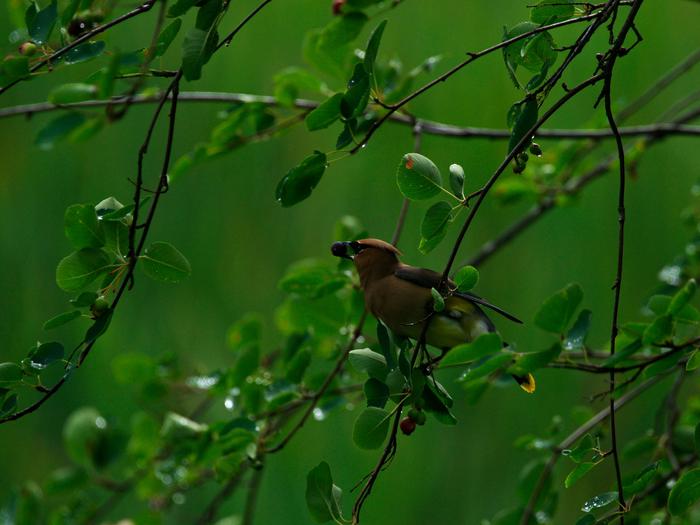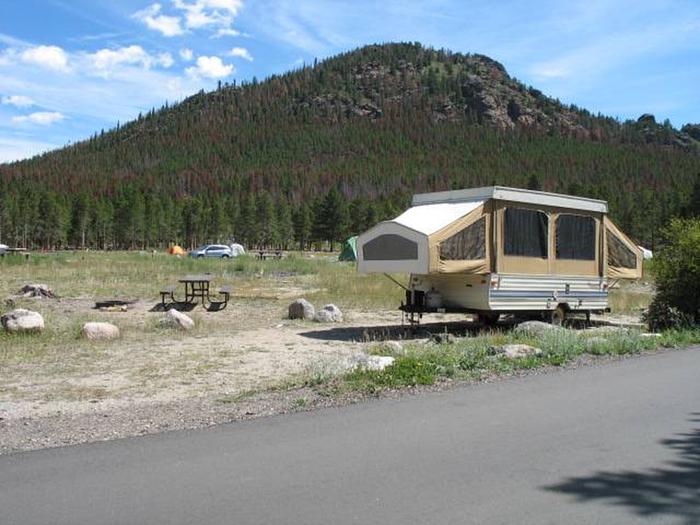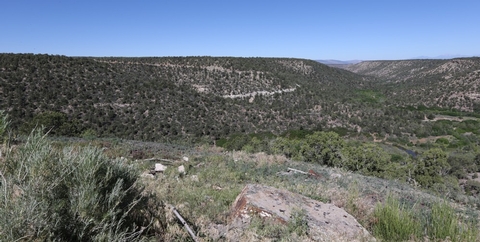Directions
From the intersection of Highway 395 and Highway 20 (Main and Third) in Colville, go 6 miles east on Highway 20 to Artman-Gibson Road. Turn right on this road; and go 1.7 miles to an intersection with 4 corners. Turn left onto Kitt-Narcisse Road; and go 2.2 miles until the pavement ends, and the road forks into two gravel roads. Bear right onto Bear Creek Road; and go 3.3 miles to the refuge office, which is a log building on the right.
Phone
509-684-8384
Activities
AUTO TOURING, BIKING, CAMPING, INTERPRETIVE PROGRAMS, FISHING, HIKING, HORSEBACK RIDING, HUNTING, WILDLIFE VIEWING, PHOTOGRAPHY, PADDLING
Camping Reservations
Reserve your campsite at these camping areas:
Hiking Trails
Looking for nice hiking areas to take a hike? Choose from these scenic hiking trails:
Related Link(s)
More Washington Recreation Areas
Little Pend Oreille National Wildlife Refuge
Located on the west slope of the Selkirk Mountain Range in northeastern Washington, Little Pend Oreille National Wildlife Refuge is the only mountainous, mixed-conifer forest refuge outside of Alaska. The refuge’s 40,198 acres protect a wide range of forest types from low elevation ponderosa pine to high elevation subalpine fir. These forests provide important habitats for hundreds of species of birds, mammals, reptiles, and amphibians, including songbirds, forest carnivores, and the bald eagle. Refuge lands provide protection for wide-ranging species that require large tracts of forest habitat and provide critical winter range for white-tailed deer. Refuge lakes and marshes provide stopover points for migratory waterfowl and shorebirds. Three other units of Little Pend Oreille Refuge, including Cusick Flats (255 acres), Springdale (54 acres) and Kaniksu (716 acres), are managed from this station. More than 50,000 visitors enjoy the refuge each year. Hunting, fishing, wildlife viewing, hiking, camping, and horseback riding are the most popular recreational activities.







